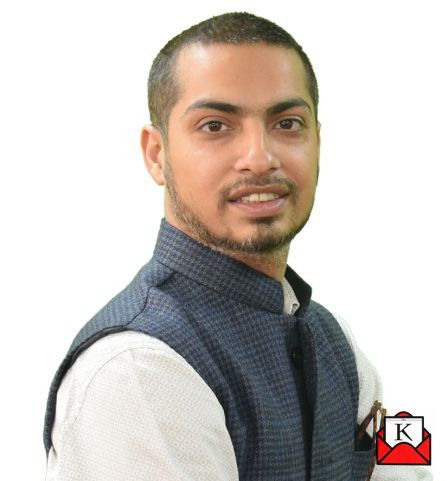Guest Blog- Practice Is The Key To Ace In CLAT 2020


With major changes made in the exam pattern of CLAT 2020, aspirants need to pay a lot of attention to reading and rigorous practice. The exam will have comprehension based questions would be asked from Quantitative Techniques, English, Current Affairs, Deductive Reasoning and Logical Reasoning.
A student should pay attention to reading a lot and to develop an expertise in inferential based reading and will be included in the Deductive reasoning section itself. A student should be comfortable in answering the questions based on it, and this will all happen when we practice a lot.
“An entrance exam like CLAT demands a lot of focus for preparation along with determination and perseverance. The idea is to get better students to National Law Universities who have competence in reading texts and demonstrate skills in inferential reasoning. To score high in an exam like CLAT one should be thorough with the basic concepts of topics asked in the paper. It becomes all the more important to brush up the fundamentals” said Amandeep Rajgotra, National Product Head- Law, PRATHAM Test Prep.
It was also resolved to reduce the number of questions from 200 to 120-150, but a clear picture will be out once the notification will be out on 31st December 2019.
CLAT has always been a test of surprises and GK have not been an exception, either. This year, we expect to have questions which will require more reading and will test students deeper understating of ongoing important news/events. One of the most important things once should need to keep in mind when it comes to time management is that unless you are exceptionally intelligent and gifted, you will most probably not be able to attempt all the questions on the test. This is perfectly fine. In fact, sometimes the desire to attempt all the questions can land students in trouble because your accuracy level can fall down drastically under timing pressure. The new pattern suggests that the time duration of the paper is the same, but the number of questions will decrease.
“A smart test taker will leave out all the questions that look time-consuming and lengthy initially and only come back to them at the end if there is time left in the test. This strategy works particularly well on the CLAT because there are no section-specific cut-offs that need to be cleared” he added.
It is very important to constantly work on improving vocabulary and learning current affairs. This will help you enhance your score. Although, you can and you should always modify this strategy based on your performance in the Mock Tests.
About the author- Amandeep Rajgotra, National Product Head- Law, PRATHAM Test Prep
